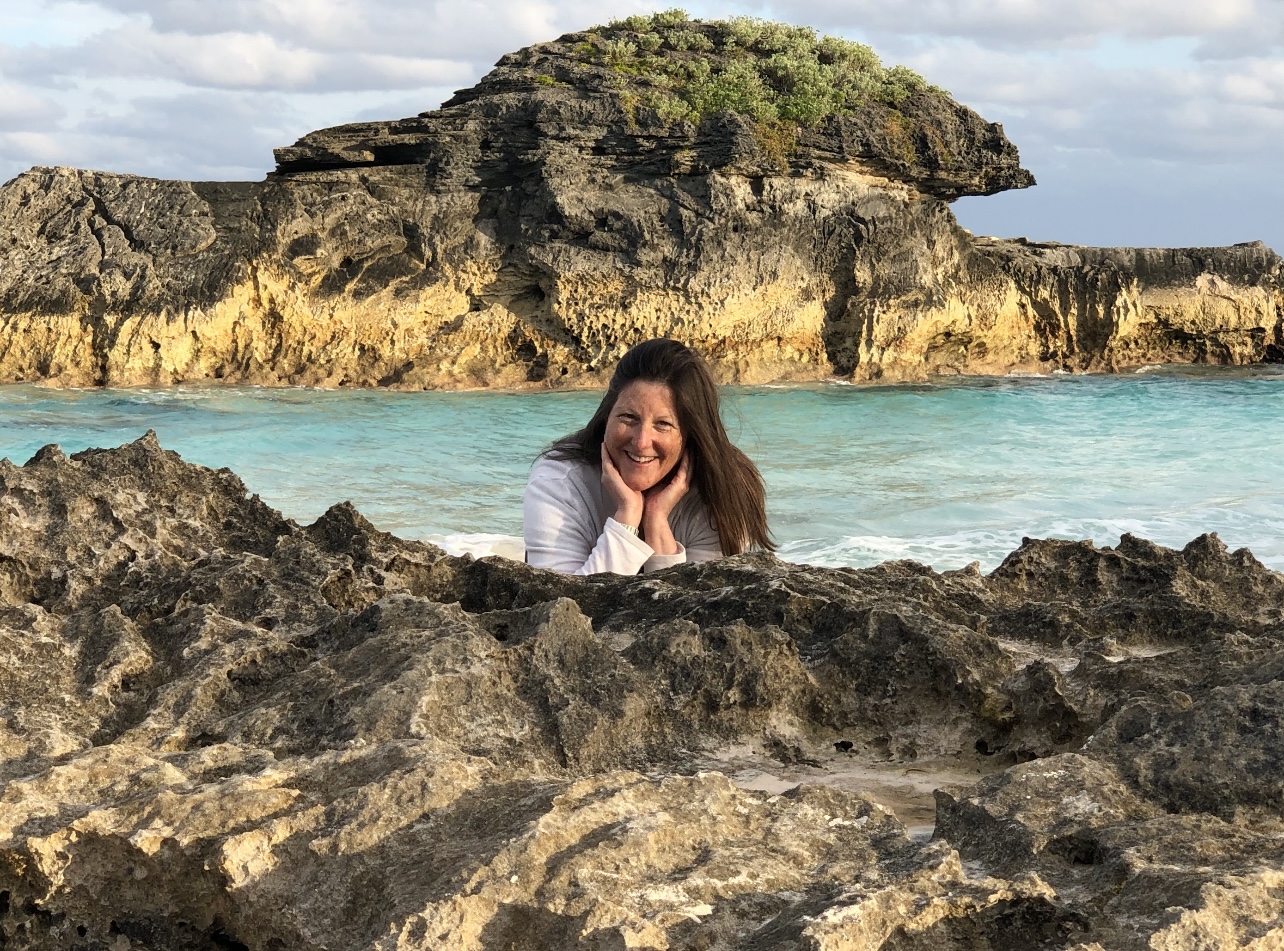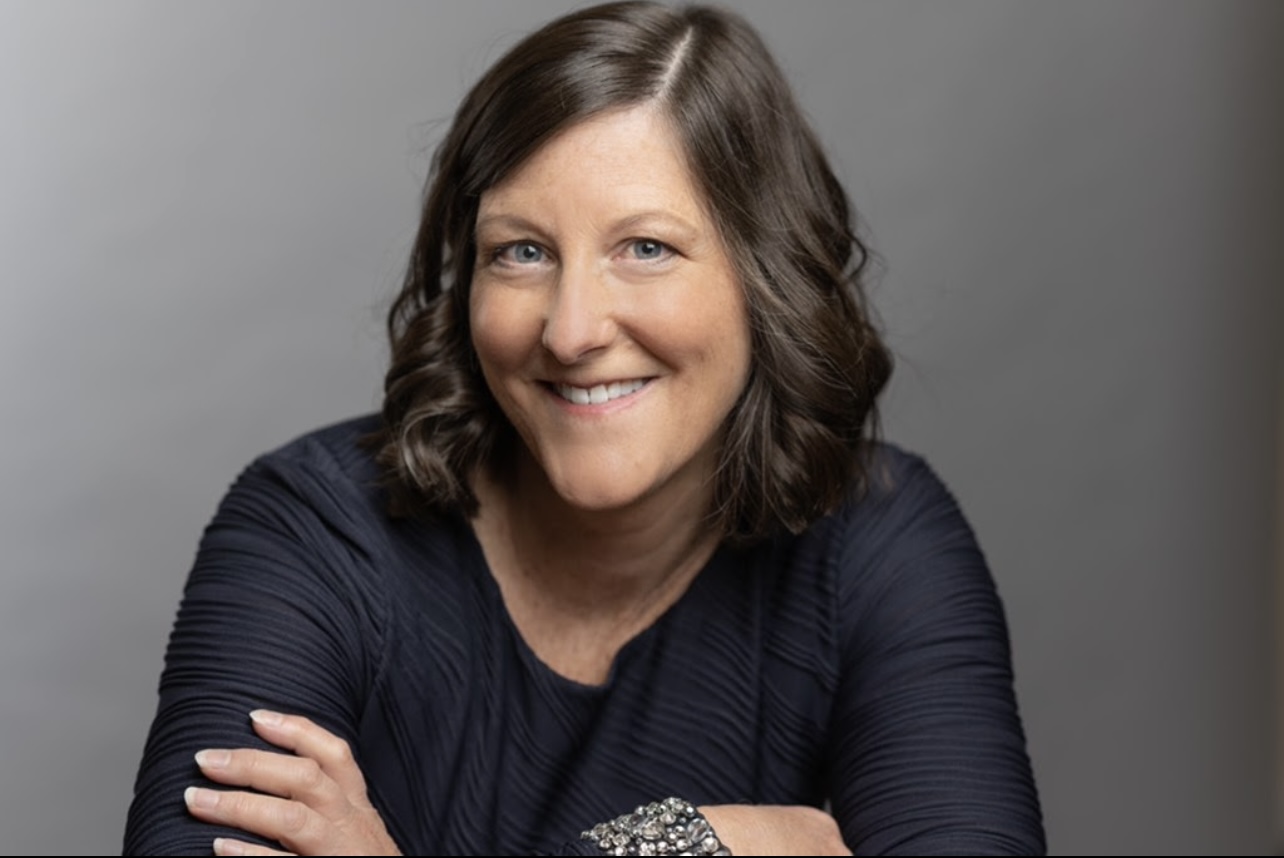Removing ourselves from digital distractions in small increments can help us reconnect with nature, feel more connected, and use this renewed energy to create a positive impact on ourselves, our communities, and the world at large.
Technology was created to facilitate communication faster and make our lives more convenient. In many ways it has, however, the over-reliance on technology can lead to problems that impact our mental health and productivity.
The average person today will spend 145 minutes a day on social media. That’s more than twice the recommended amount of exercise. Although the purpose of social media is intended to help us stay more ‘connected’ to our communities, the further we dwell into the digital sphere, the further away we can drift from the true connection and intimacy we desire. Studies show that adolescents who use more social media have an increased chance of developing depression, anxiety, and experiencing higher levels of loneliness.
Less Internet Connection, More Innovation?
Besides these factors, the energy that is consumed by e-mails and social media posts could be incredibly distracting, especially if you are trying to accomplish big things.
Ironically, the top technology companies in the world like Facebook, Apple, and Amazon have installed “green” break rooms in their headquarters. Numerous studies have exemplified the positive impact nature has on the human brain and productivity. Just like the top innovators of the world, an average person can reap the benefits of nature to connect to their creativity and inspire solutions to make the world a better place.
A thought leader in this area is Camberly Gilmartin, Active Change Advocate for parents, teens, businesses, and the planet, and a partner in a community garden project, The Bellevue Urban Garden (TBUG). Camberly has experienced firsthand the power of reconnecting with nature, which translated to creating wealth and abundance for the community.
To her, wealth is beyond the material aspect and includes cultivating an abundance of love and energy to facilitate positive impact. It’s about being able to reduce food security in her local community, while simultaneously enriching and building community through shared spaces.
Reclaiming the connection to the Earth and to members of our ecosystem, can enrich us mentally, and bolster our power to pursue valuable innovations. Here are a few ways that disconnecting from our phones, and reconnecting with nature can help us achieve deeper meaning, joy, and connection in our life.
“Wholeness” Leads to Abundance
In ancient traditions and beliefs of indigenous cultures, a spiritual connection to the physical elements of the earth and to other animals bore significant importance in shaping individuals and community life.
Before doctors, there were healers who possessed the unique power to heal members of their community. These powers were not only inborn but derived from an intense connection to elements of nature.
The first medicines were created from herbs, which help revitalize a person from a state of malignance to a state of health. A connection to nature can help an individual overcome the ailments and pressures they face from the physical world, and to come to a place of healing and inner peace.
A state of wholeness and connectedness comes with increased emotional bandwidth to take care of others or the environment. Camberly had always intuitively felt a strong connection with nature. This translated into more volunteering at the community garden, which implanted in her, like a seed; a larger vision of shifting the paradigm of food security.

Sharing Lessons of Abundance with Younger Generations
A large proportion of the outcomes our world faces in the future will be determined by the actions of our younger generations. This is one of the reasons why stringent focus is put on quality education and nutrition for kids.
Most kids these days spend more time in front of the screen than they do playing outside— and many of them will never know where their food comes from. This disconnection to nature can be dangerous in ways such as developing a sense of carelessness for the environment.
Specifically, by getting the younger generation involved, Camberly wanted to integrate a sense of connection to nature, nourishment, and relationship-building. This is how the garden was able to grow to the size it is today— which feeds more and more people across the greater Seattle region.
Her belief persists that it is through this increased participation and connection, that as a collective society we will become more protective of our environment. Taking time off our devices, and relocating that energy to form healthy bonds with others, as well as physically growing healthy sustenance and fueling our bodies properly, can increase the abundance of not only physical crops but also increase the abundance in our minds.
Conclusion- A New Definition of Wealth
Wealth can exhibit itself in many forms. By definition, to be wealthy implies that you have a surplus of something of value to give. Helping communities become healthier, more abundant, and more connected to one another, can be a form of wealth.
The community garden Camberly has helped grow is a prime example of how this type of wealth can be diffused throughout different generations and duplicated across different communities.
Camberly envisions “a global community where people care deeply for themselves, others and the planet, and by doing so, become an example and inspiration for others to do the same”.
These are grand lessons that can inspire us to put away our devices from time to time and get outside not only so that we may reconnect with nature’s abundance, beauty, and joy— but also so that we may reconnect to that same abundance and creativity that also exists deep within ourselves.
This is a Contributor Post. Opinions expressed here are opinions of the Contributor. Influencive does not endorse or review brands mentioned; does not and cannot investigate relationships with brands, products, and people mentioned and is up to the Contributor to disclose. Contributors, amongst other accounts and articles may be professional fee-based.

